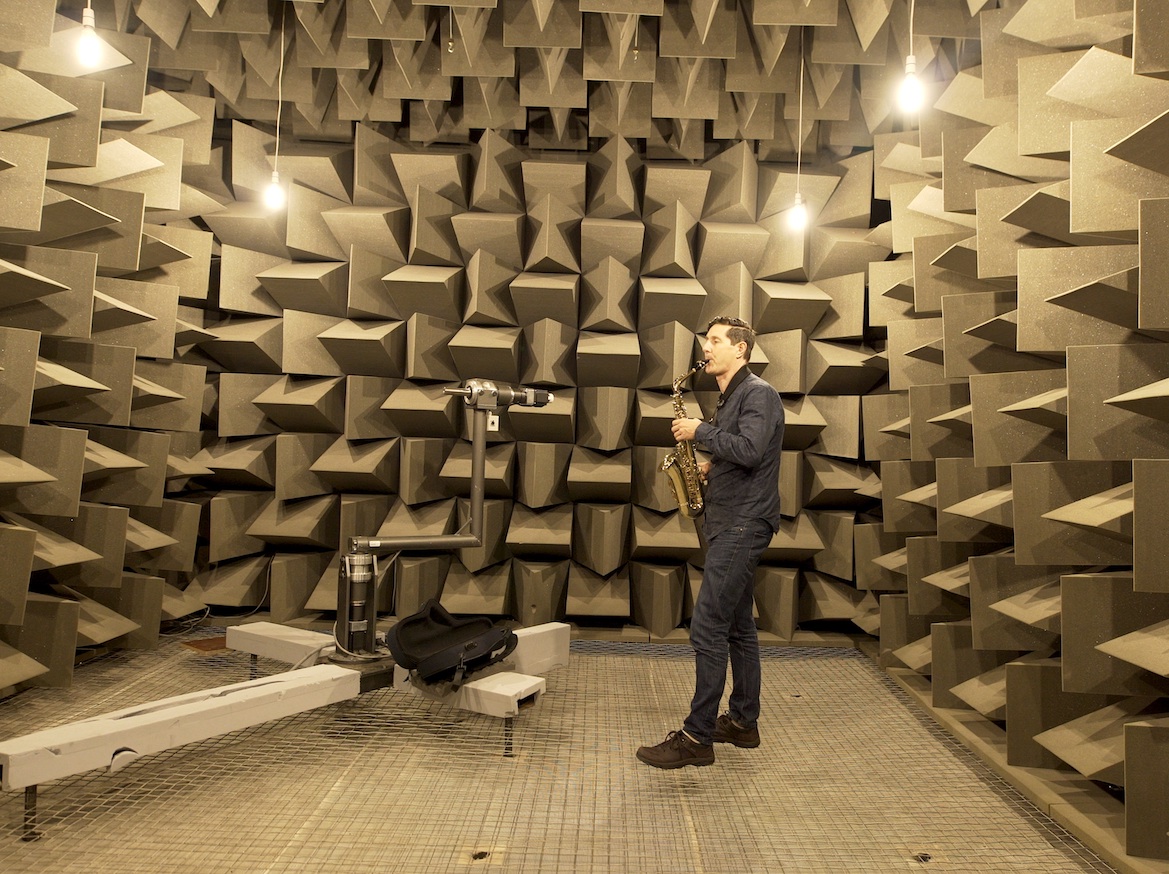BRAIN BEATS – A JOURNEY INTO OUR SONIC FUTURE

Can new technologies help us experience music and sound in a new way? Can they improve performance and change our behaviour? Find out about the latest research into music and neuroscience.
In a world full of visual stimuli, sight seems to be the most important of all our senses. In recent years, however, we have gained new scientific knowledge about hearing. New discoveries about the way our brain reacts to sound and music now point to a more sonically influenced future than a visual one. So how does our brain process the sounds we hear? How does music affect the brain? And what role does technology play today in our experience of music? We investigate the latest scientific findings of neuroscientists, psychologists, teachers and musicians who are testing technologies that either increase brain performance through music or can actually make it visible. Neuroscientist Mara Dierssen in Barcelona translates the brain patterns of patients with brain paralysis into melodies using her ‘brain polyphony’ device. In his Leipzig gym, Tom Fritz uses fitness equipment to enable participants to compose music in response to their own movements, significantly increasing their performance. Archaeologist Steven Mithen from Reading University explains how our early ancestors used sound three million years ago. Psychologist Daniela Sammler of the Max Plank Institute is fascinated by the brain process of a pianist performing on stage. The pianist plans his movements five to six tones in advance. Is it possible to improve this process? Danny Lane, artistic director of "Music and the Deaf" tests a subpac, a tactile audio device that allows people to engage physically with music.